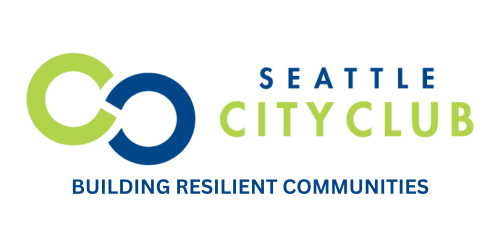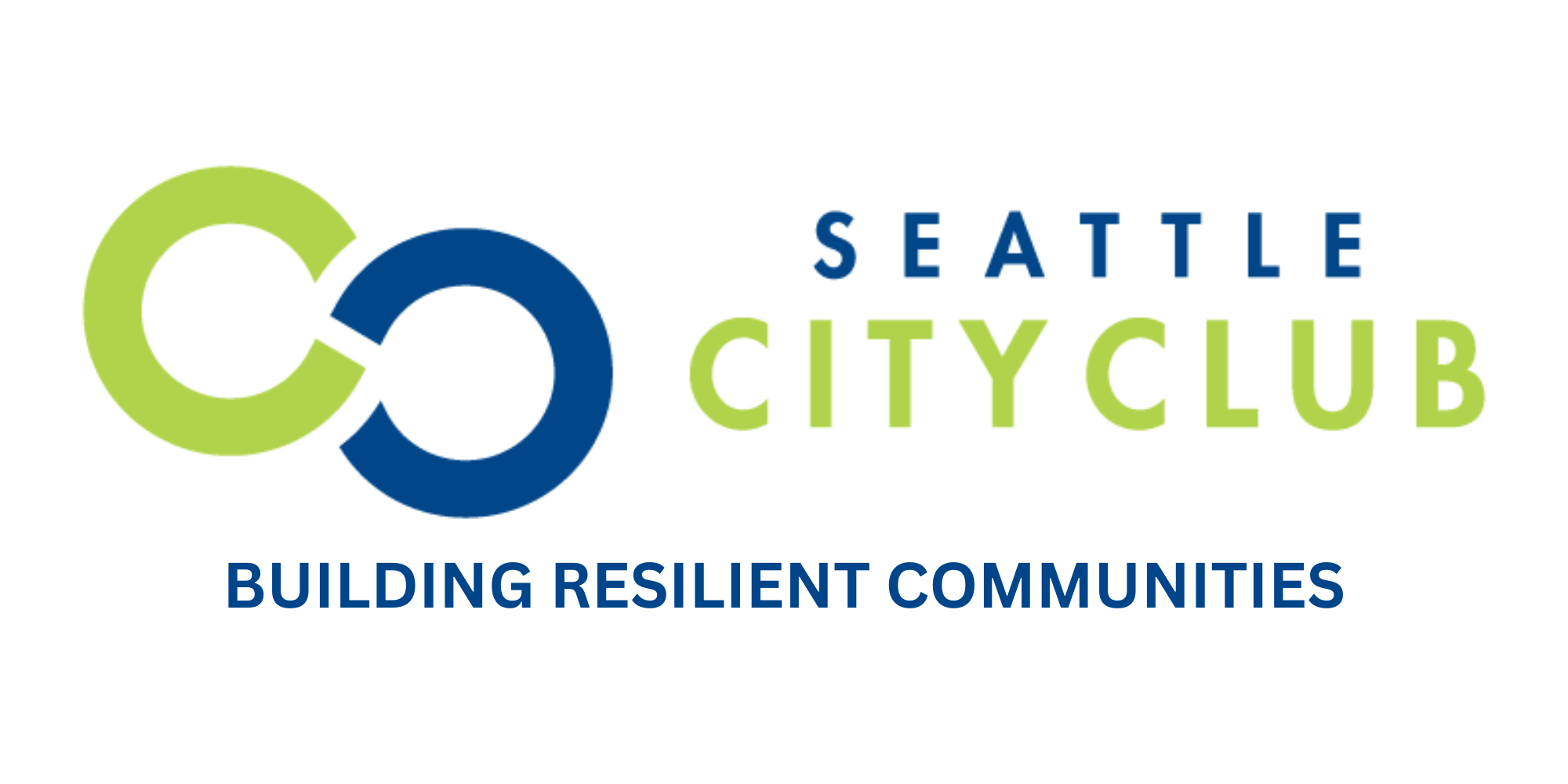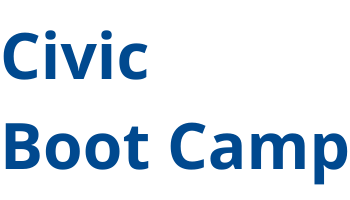Native American Leadership in the Salish Sea Region (June 2021)
This three-part series explores the contributions of local Native American leadership to our community and civic landscape. Through a series of webinars with Native adult and youth leaders, we discuss the role, responsibility, and contributions of Tribal leadership to our community as they work with multiple levels of government and non-tribal organizations to manage our natural resources and address social, environmental, and health issues.
WEBINARS
Tribal Action in Government Today
June 4, 2021
Ernie Rasmussen (Oneida), Tribal Liaison, WA State Department of Commerce moderated a panel discussion with Native leaders Debra Lekanoff (Tlingit and Aleut), Washington State Representative, Leonard Forsman (Suquamish), Chairman of the Suquamish Tribe, and Abigail Echo-Hawk (Pawnee), Executive Vice President, Seattle Indian Health Board. They discuss how Native leaders are working across multiple levels of government to address Native sovereign nation and community issues ranging from health equity to salmon recovery.
Native American Youth Advocacy
June 11, 2021
Owen Oliver (Quinault (Chinook)/Isleta Pueblo), Community Member and recent University of Washington graduate, moderated a panel discussion with Native youth leaders Rosalie Fish (Cowlitz), Student athlete, University of Washington, Sadie Olsen (Lummi), Student advocate, Northwest Indian College, and Ivy Pete (Pyramid Lake-Paiute Tribe of northern Nevada), Student Organizer, Peace and Justice Action League of Washington/Legislative Youth Advisory Council of Washington. They discuss their advocacy work on issues such as Murdered and Missing Indigenous Women, Native-led environmental education and legislation to ban Native mascots in high schools. They also reflect on their strategies and roles as advocates who bridge cultures and generations. Joining them is Rena Priest (Lummi), Washington State’s first Native Poet Laureate, who offers a land acknowledgement, reads some of her poetry and reflects on her role as the Poet Laureate.
Weaving Social Responsibility with Native Values
June 18, 2021
Temryss Lane (Lummi), Director, Indian Country Team, Pyramid Communications, moderated a panel discussion with Native leaders Polly Olsen (Yakama), Tribal Liaison, Burke Museum, University of Washington, Bill Kallappa (Makah), Board Member, Washington State Board of Education, and Alyssa Macy (Confederated Tribes of Warm Springs), CEO, Washington Environmental Council/Washington Conservation Voters. They discuss how Washington State’s K-12 public school system, local museums and environmental organizations are promoting and portraying Native history and values.
INTERVIEWS
Cecile Hansen
Duwamish Tribe
Cecile Hansen, Chair of the Duwamish Tribe, talks about the Tribe’s long-standing efforts to gain federal recognition, their programs (like the Longhouse and Cultural Center and Real Rent Duwamish) and relationships with local Tribes and the community.
Takako Wright
Snoqualmie Casino
Seattle City Club’s Intern Tony Widen interviews Takako Wright, Development Director, Snoqualmie Casino. Takako talks about the functions of tribal gaming, the social work and communal contributions casinos have in the native community, the unique perspectives in native leadership roles and activity with tribal workings, and offers some insights into the status and future of the Snoqualmie Casino.
Selected Native American Leaders’ Video Clips From Past Civic Boot Camps
This video includes short clips of Native leaders from previous Civic Boot Camps on Healthcare, Government, Housing and Climate Justice. Clips include: Abriel Johnny (Cowichan/Tlingit) Tribal Liaison, Healthier Here – on health equity and disparity; Susan Balbas (Cherokee/Yaqui) Executive Director, Na’ah Illahee Fund – on environmental stewardship; Chris Roberts (Choctaw Nation), Council-member, City of Shoreline – on diverse and Native representation in government; Casey Sixkiller (Cherokee Nation) Deputy Mayor, City of Seattle – on the influence of his lived experience on his decision-making regarding housing
SPEAKERS
June 4, 2021: Tribal Action in Government Today
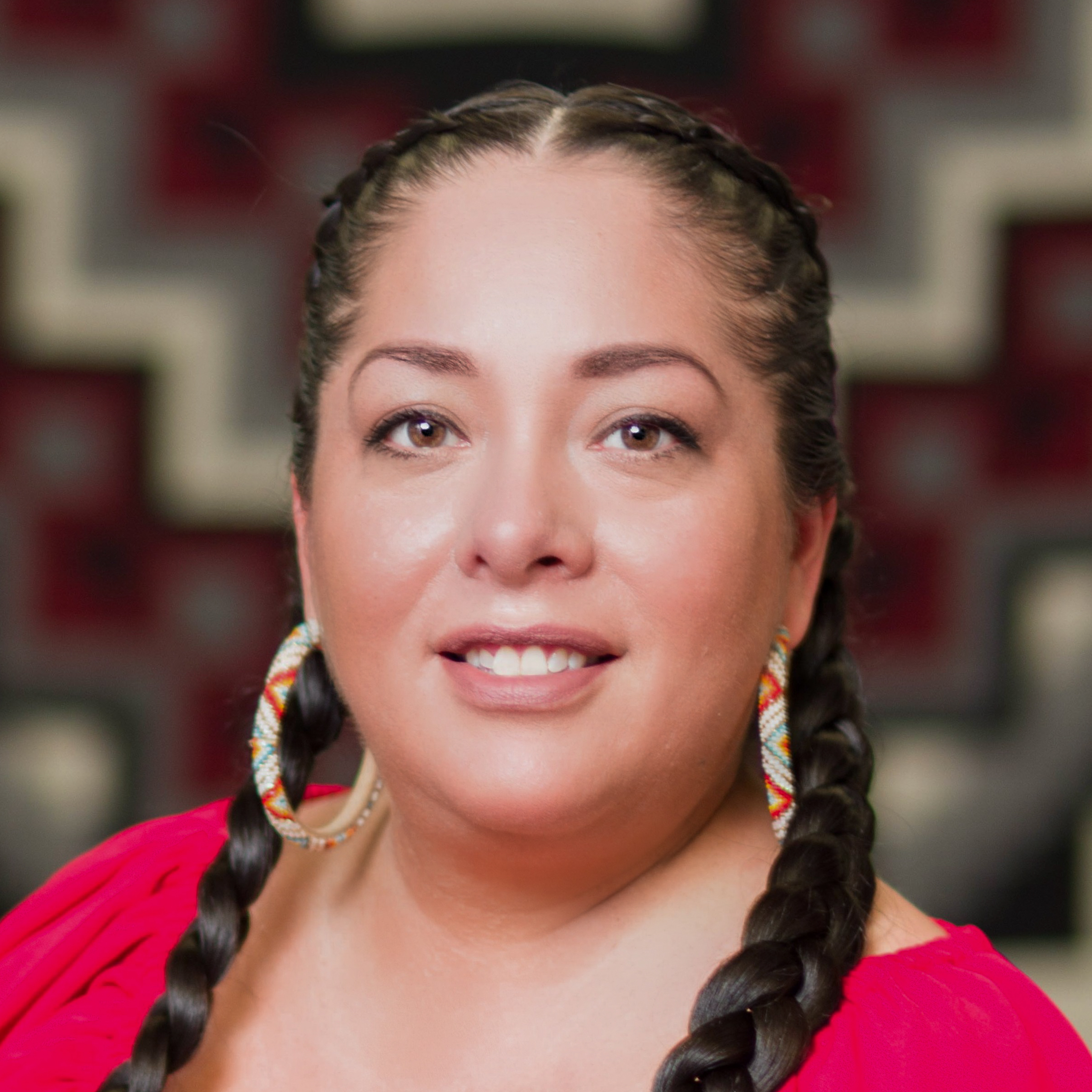
Abigail Echo-Hawk
Abigail Echo-Hawk is Executive Vice President, Seattle Indian Health Board and an enrolled member of the Pawnee Nation of Oklahoma. She is currently the Executive Vice President at Seattle Indian Health Board and the Director of Urban Indian Health Institute. Currently, Abigail is part of multiple committees, Boards, and workgroups including the Best Starts for Kids Board, the March of Dimes Health Equity Workgroup, the Tribal Collaboration Working Group with the NIH All of Us Research Program, the Advisory Committee for Health Equity Research at the Robert Wood Johnson Foundation, the NIDA American Indian and Alaska Native Collaborative Research Engagement Workgroup, and the Board of Data for Indigenous Justice. In the past, Abigail spent eight years as the Tribal Liaison with Partnerships for Native Health at the School of Public Health at The University of Washington. In 2016, she became the Co-director of Partnerships of Native Health at the Washington State University Institute for Research and Education to Advance Community Health. Abigail was also the Tribal Relationship Facilitator at the Institute of Translational Health Sciences at the University of Washington from 2010 to 2015. In 2015, she became a Board Member for the Center for Indigenous Law and Justice. Abigail has a Bachelor of Arts degree in Interdisciplinary Studies and a Master of Arts degree in Policy Studies, both from the University of Washington. She is an expert in American Indian and Alaska Native health, including strengths and resiliencies as well as deficits and disparities.
Email: abigaile@uihi.org
Social media: @urbanindianhealthinstitute (Twitter, Instagram, Facebook)
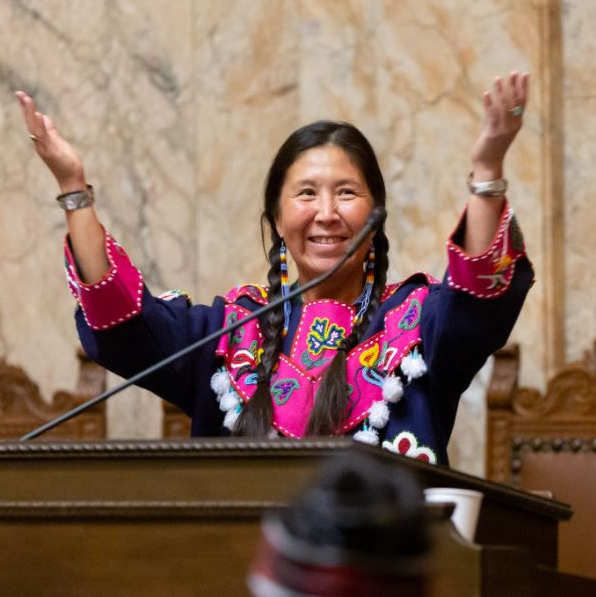
Debra Lekanoff
Representative Debra Lekanoff (Tlingit and Aleut) represents the 40th legislative district of Washington state, which includes parts of Whatcom, Skagit and San Juan counties. She is a proud mom who fights every day to ensure younger generations, including her daughter Emma, can continue to flourish. She is inclusive in her decision-making process by listening to stakeholders, citizens and governmental bodies. She is known for her experience and capacity to work with vast parties, and on vast issues, and get the job done. Sworn in to the Washington State House of Representatives in January 2019, Rep. Lekanoff is the only Native American woman to currently serve in the Legislature. Rep. Lekanoff has called the Skagit Valley home for almost 20 years. In addition to serving in the Legislature, Rep. Lekanoff served as Governmental Affairs Director for the Swinomish Tribe. With over 20 years of government relations experience, she engages on a variety of issues at the international, federal, tribal, state, and local levels. Rep. Lekanoff’s background and experience provide valuable knowledge and perspectives that allow her to lead on a wide range of policy issues, including but not limited to, environment, natural resources, climate change, education, housing, and agriculture. To learn more about Rep. Lekanoff’s work in each of these areas, please visit her issues page. Rep. Lekanoff is Vice Chair of the House State Government & Tribal Relations Committee. She also sits on the Appropriations Committee and the Rural
Development, Agriculture & Natural Resources Committee. Rep. Lekanoff is proud to be your representative for the 40th legislative district and will continue to fight hard to best represent you. To learn more and follow her work in district and Olympia, please sign up for her Fantastic Friday e-newsletter.
Email: Debra.Lekanoff@leg.wa.gov
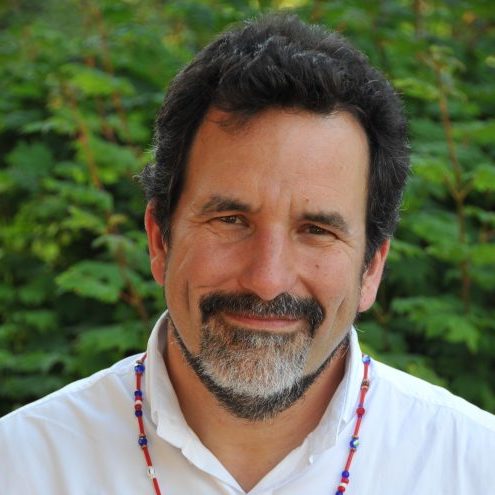
Leonard Forsman
Leonard Forsman (Suquamish) has been the Chairman of the Suquamish Tribe since 2005 and the President of the Affiliated Tribes of Northwest Indians since 2017. He has served on Tribal Council for a total of 31 years, worked as a professional archaeologist and is a past director of the Suquamish Museum. Leonard is a graduate of the University of Washington (B.A. Anthropology) and Goucher College (M.A. Historic Preservation). President Obama appointed Leonard to the Advisory Council on Historic Preservation in 2013 where he served as the Native American Representative and Vice Chairman.
Email: lforsman@suquamish.nsn.us
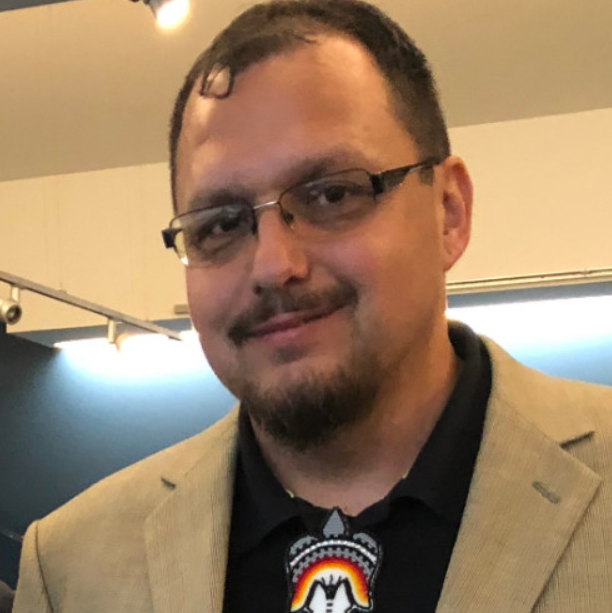
Ernie Rasmussen (Moderator)
Ernie Rasmussen (Citizen of the Oneida Nation of Wisconsin), is currently serving as the Tribal Liaison for the State of Washington Department of Commerce. Among his duties at Commerce are advising Commerce leadership, staff and program developers on the real world, policy, and political challenges associated with Government-to-Government relations between State and Tribal Governments. Prior to his arrival at Commerce, Mr. Rasmussen spent his entire 20+ year career in service to Tribes and Tribal Communities, including as Senior Planner of Economic Development for the Confederated Tribes of the Colville Reservation, as Executive Director of a 501c3 based in Wellpinit, WA on the Spokane Indian Reservation, a College Math Instructor at a Tribal College, and a GED instructor for Spokane Tribal TANF/477. Mr. Rasmussen holds a BA in Interdisciplinary Studies from Eastern Washington University, and is a Master in Urban & Regional Planning candidate and is a committed advocate, ally, and accomplice in the creation of Tribal Communities as a Community of Choice to live, work, and thrive! His wife is a Spokane Tribal member and together they have 3 beautiful and supremely talented daughters and one 9-month old beautiful grandson offering an estrogen reprieve.
Email: ernie.rasmussen@commerce.wa.gov
Social media: Linkedin
SPEAKERS
June 11, 2021: Native American Youth Advocacy
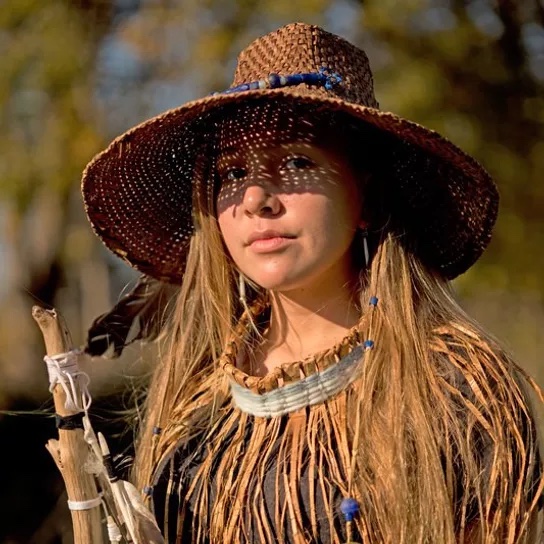
Sadie Olsen
Kwaslmut ~ Sadie Olsen is an advocate for community healing as she writes in her academic studies about how boarding schools, disconnect from sovereign territories, resources, and languages continue to contribute to the near genocide of her Native culture. Her goal is to educate society by publishing her writing, as she works collectively with other scholars.
A Community Engagement Fellow since 2018, Sadie is currently convening the Nexw Xwlemi Tengexw Cohort meetings at Northwest Indian College. She serves as a co-convener for the Bellingham cohort meetings and took a lead facilitation role at the most recent national CEF State-of-the-Art Conference in February 2020.
Sadie is actively involved in many programs that prepare her to become a future leader who remembers a healthy future through the wisdom of the past. As a co-founder of Whiteswan Environmental, she is involved with the Coast Salish Youth Stewardship Corps and Whatcom Intergenerational High School. She is also a Tribal Youth Delegate for Lummi Nation on the Northwest Portland Area Indian Health Board. Such programs help her learn more about who she is and where she comes and how to preserve heritage through academic curricula development and policy of today.
Email – sadie.olsen.we@gmail.com
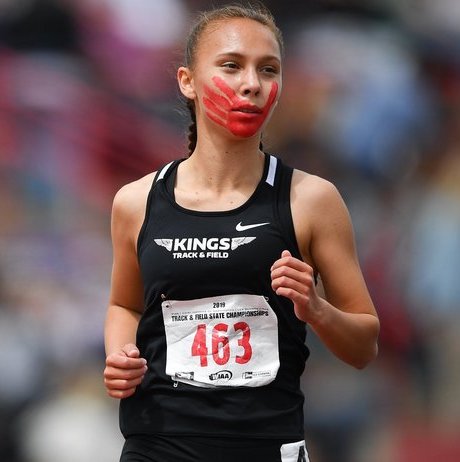
Rosalie Fish
Rosalie Fish is a 20-year-old member of the Cowlitz Tribe and a competitive runner from the Muckleshoot Reservation in Auburn, Washington. She graduated from the Muckleshoot Tribal School, where she represented her school in the Class 1B Washington State Track Meet, earned three gold medals, a silver and a sportsmanship award, and used that platform to raise awareness for missing and murdered indigenous women (MMIW). Her passions include running, youth empowerment, indigenous visibility, upholding and practicing native traditions, as well as uplifting and advocating for native communities and native women. She is excited to transfer as a Husky to the University of Washington to study and compete and to work hands on with urban native communities because, according to the Urban Indian Health Institute, Seattle leads the nation in MMIW cases.
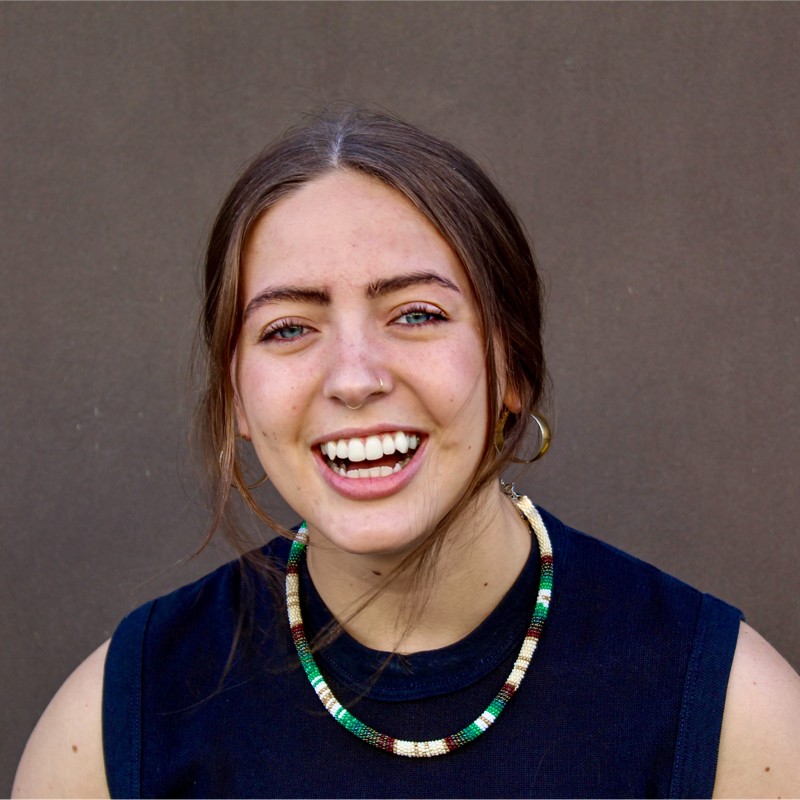
Ivy Pete
Ivy Pete is Numu, from the Bridge Port Colony of the Paiute Nation in northern Nevada. She is a Junior at North Central High School in Spokane, Washington. As a second generation Urban-Native off of her reservation, she aims to celebrate her heritage as a central pillar in her advocacy work. A passion for service to her community has afforded Ivy the opportunity of involvement with multiple tribes and Indian Education Departments across the western United States and into Canada to support Indigenous youth. Most notably, in Washington’s 2021 legislative session, Ivy wrote and lobbied for a bill regulating the use of Native American mascots in public schools; passed in the House 90-8 and in the Senate 40-9. This bill was the first of it’s kind in the nation and follows on the heels of generations of activism nationally in the retirement and redirection of Native American identity. Last spring, Ivy was appointed to the Legislative Youth Advisory Council of Washington, a group of 22 young people codified by state law to advise and lobby the legislative bodies of the state regarding issues pertaining to youth. She hopes to continue shifting the paradigm of the ‘Indian’ mascot while pursuing higher education after high school.
Email: ipete@pjals.org
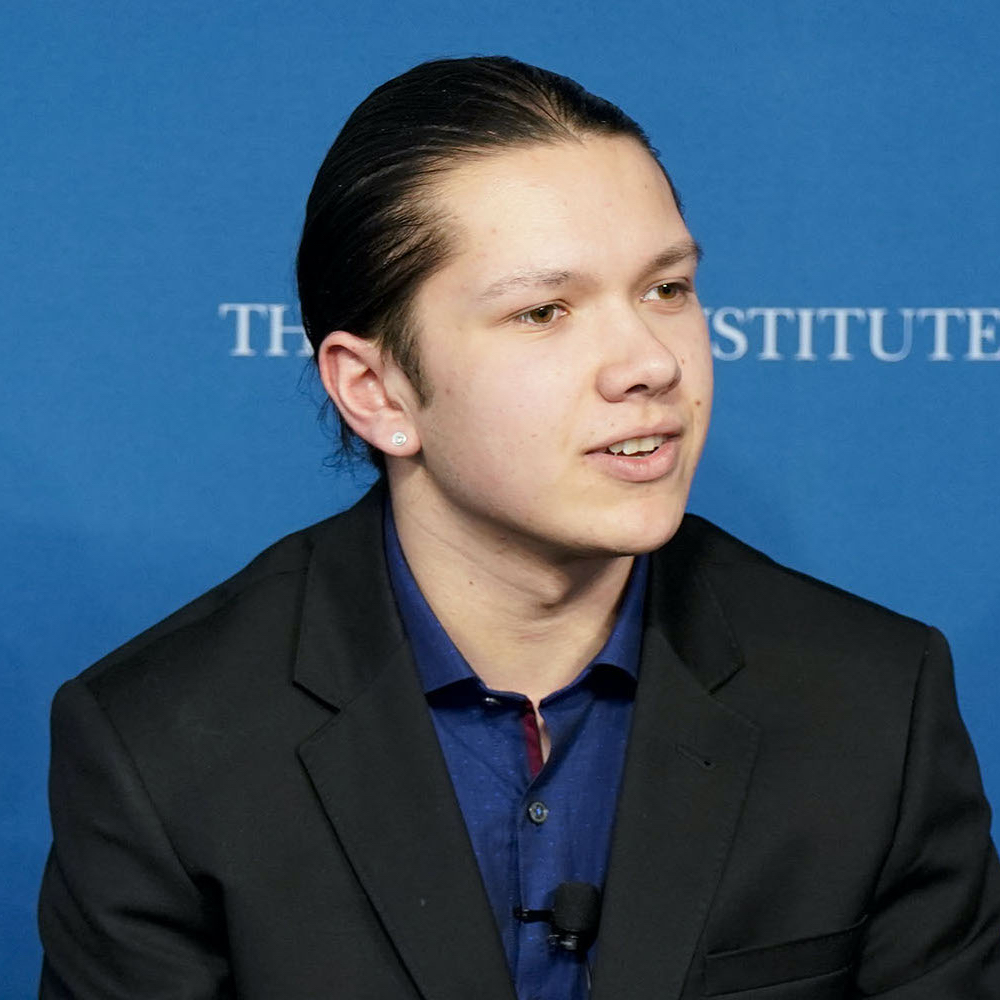
Owen L. Oliver (moderator)
Owen Oliver (Quinault / Isleta Pueblo) comes from the people of the Lower Columbia River, Salish Sea, and Southwest Pueblos. He grew up in Ketchikan, Alaska and Seattle where in 2021 he graduated from the University of Washington with a degree in American Indian Studies and Political Science. Through these disciplines he’s been able to create and manage projects that range from community work, art, education, and influence on local and federal policy. His work is concentrated in Indigenous education and cultural representation, a path that he’s learned from his connection to Tribal Canoe Journeys.
In Seattle, Owen has worked with the Office of Planning and Community Development, Seattle Aquarium, Burke Museum of Natural History and Culture, and Center for American Indian and Indigenous Studies. Outside of Seattle, Owen currently serves as the secretary for the Center for Native American Youth Advisory Board where he manages youth programing and event building for the Champions of Change program and regularly works with the University of British Columbia. Recently, Owen published the Indigenous Walking Tour of UW, which is a reflection of Indigenous knowledge and place making on the University of Washington campus. In his free time, Owen enjoys trail running, writing about nature, and cooking seafood for his family and friends.
Email: mailto:owenlloydoliver@gmail.com
Social media: @owenloliver
Website: owenoliver.org
SPEAKERS
June 18, 2021: Weaving Social Responsibility with Native Values
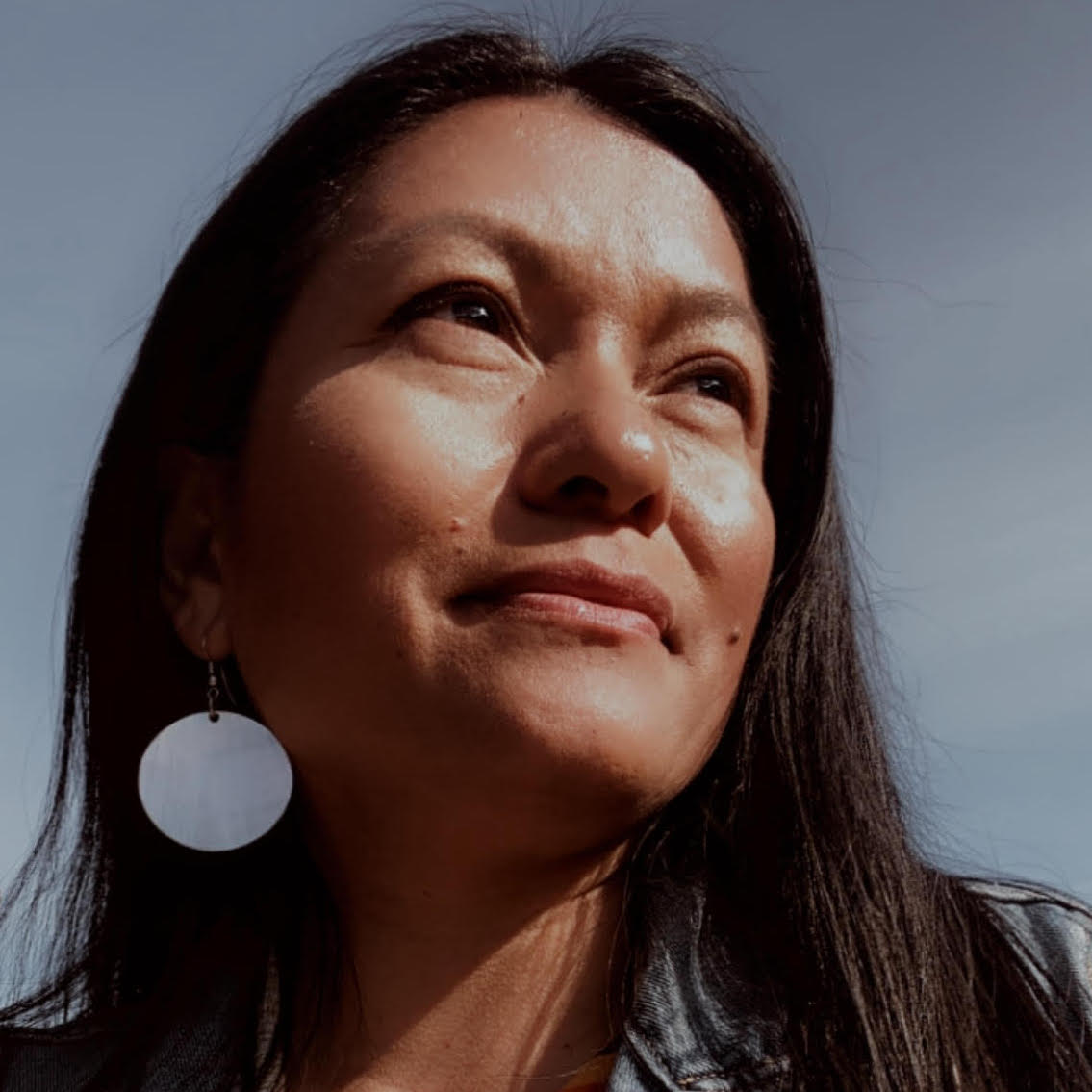
Alyssa Macy
Alyssa Macy is the CEO of Washington Environmental Council and Washington Conservation Voters. She is a citizen of the Confederated Tribes of Warm Springs, Oregon, and was raised on the Warm Springs Indian Reservation. Most recently, she served her Nation as the Chief Operations Officer where she was responsible for $33 million in tribal programming and services. Her previous experiences include working transportation, campaign management, communications and international advocacy within United Nations bodies. She is a published writer and co-authored the first ever national report on Native American voting in 2005. Alyssa has been a foster parent to 6 children and loves being an aunty. In her spare time, she spends time reading, traveling, and spending time outdoors. She is a graduate of Arizona State University where she received her B.S. in Justice Studies and did her graduate studies at the University of Minnesota-Minneapolis.
Email: alyssa@wecprotects.org
Facebook: wecprotects
Instagram and Twitter: @wecprotects
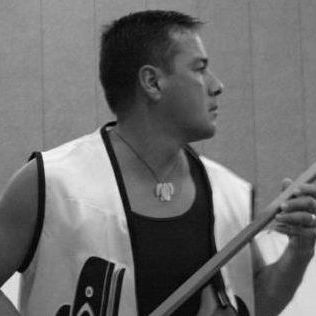
Bill Kallappa
Gov. Inslee appointed Tumwater resident Bill S. Kallappa II to the State Board of Education in 2019. Bill has a combined 25 years’ experience working in public education, Parks and Recreation Youth Programs, Tribal Youth Programs and is currently the Education Liaison for the Nisqually Tribe. In this capacity, Bill does educational outreach to local K-12 school districts and institutions of higher education, promoting and sharing local tribal history and knowledge. Bill recently worked to establish the Nisqually Youth Council, a governing youth body that engages tribal youth in addressing issues that concern them. The Nisqually Youth Council is designed to imitate Tribal Council and is a legitimate organization complete with a resolution, constitution and bylaws. They have elected officials and a voting body that give a voice to Tribal Youth. Bill is also proud to be a co-founder of the Inter-Tribal League. The ITL is a tribal youth sports league that was established in 2009 that gives Tribal Youth access to playing youth sports. The ITL serves Boys and Girls in grades 3-12 in sports such as basketball, softball, flag football and soccer. The ITL has partnered with the Seattle Storm over the past 6 years to provide an annual youth basketball camp for Tribal youth. Bill serves as a Parks Commissioner for the city of Tumwater. He is also a member of the WA State Indian Education Association the National Indian Education Association and serves on the Tribal Leaders Congress for Education. He is also the representative from the Governor’s Office of Indian Affairs to the Educational Opportunity Gap Oversight and Accountability Committee. Kallappa is a graduate of The Evergreen State College with a bachelor’s in interdisciplinary studies. Bill enjoys spending time with his wife Maia Bellon and teenage daughter Talia.
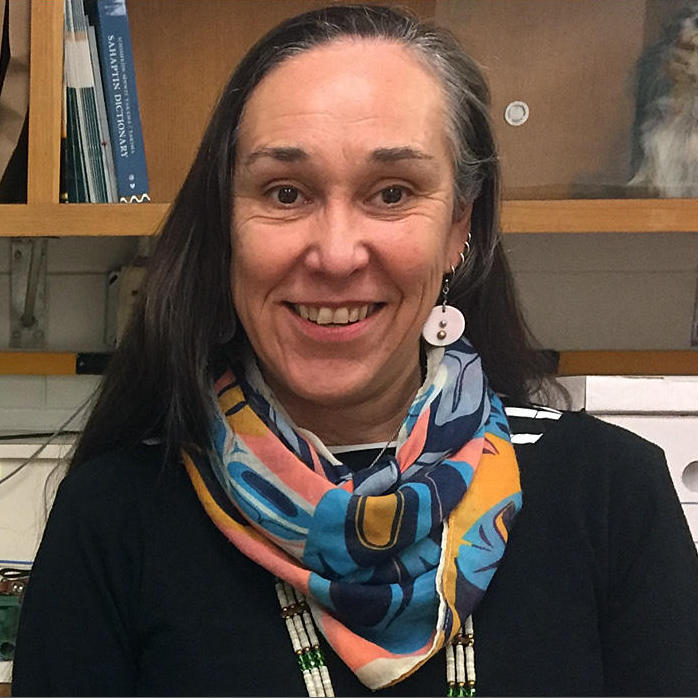
Polly Olsen
Polly Olsen, (Yakama) is the Tribal Liaison for the Burke Museum located in Seattle. Polly’s life passion and commitment are to bridge communities through educational opportunities, relationships/ consultation, and research that focuses on improving the quality of life for underserved people. Polly is established within a network of beautiful Indigenous communities, academic institutions, government systems, and national organizations. Her work is to create partnerships between local, national, and international communities to discover opportunities, community strengths in order to create a respectful partnership.
Email: polly@uw.edu
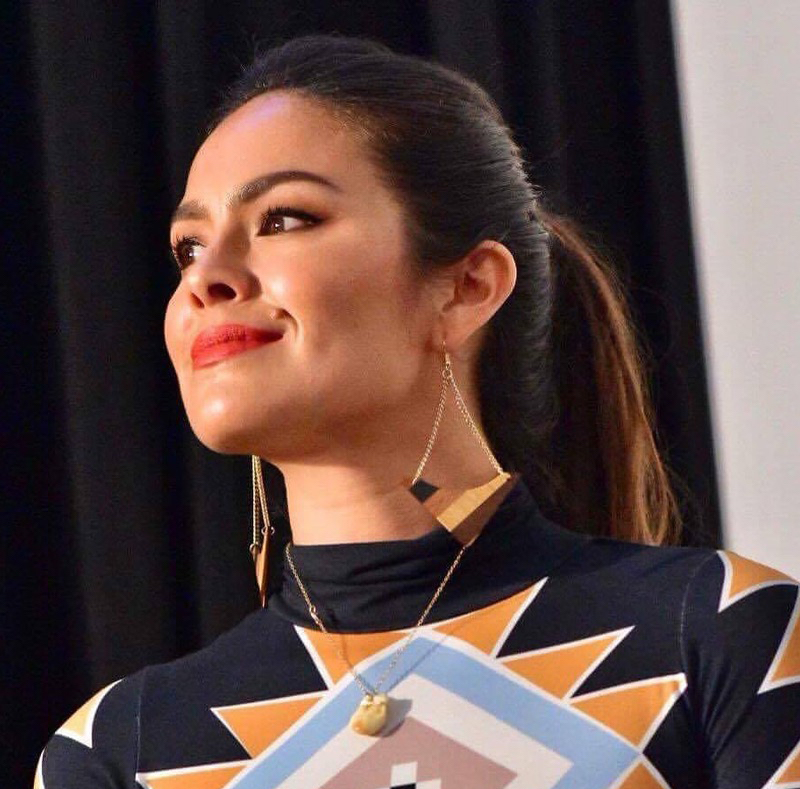
Temryss Lane (Moderator)
Temryss Lane, Xeli’tia, is a tribal member of the Lummi Nation. She is the director of the Indian Country practice at Pyramid Communications. Their Native-led Indian Country team supports strategic communications for tribes and tribal organizations across the country, amplifying Indigenous voices and stories. Following a professional soccer career, Temryss spent a decade in sports media as a broadcaster and digital content producer.
